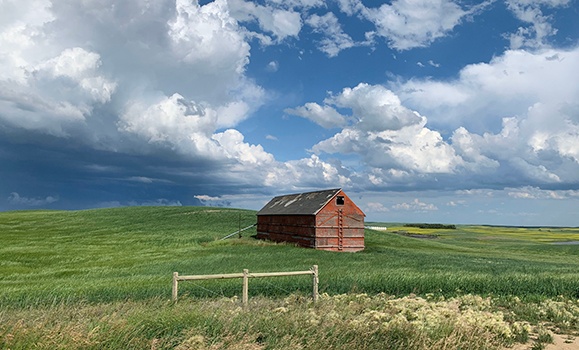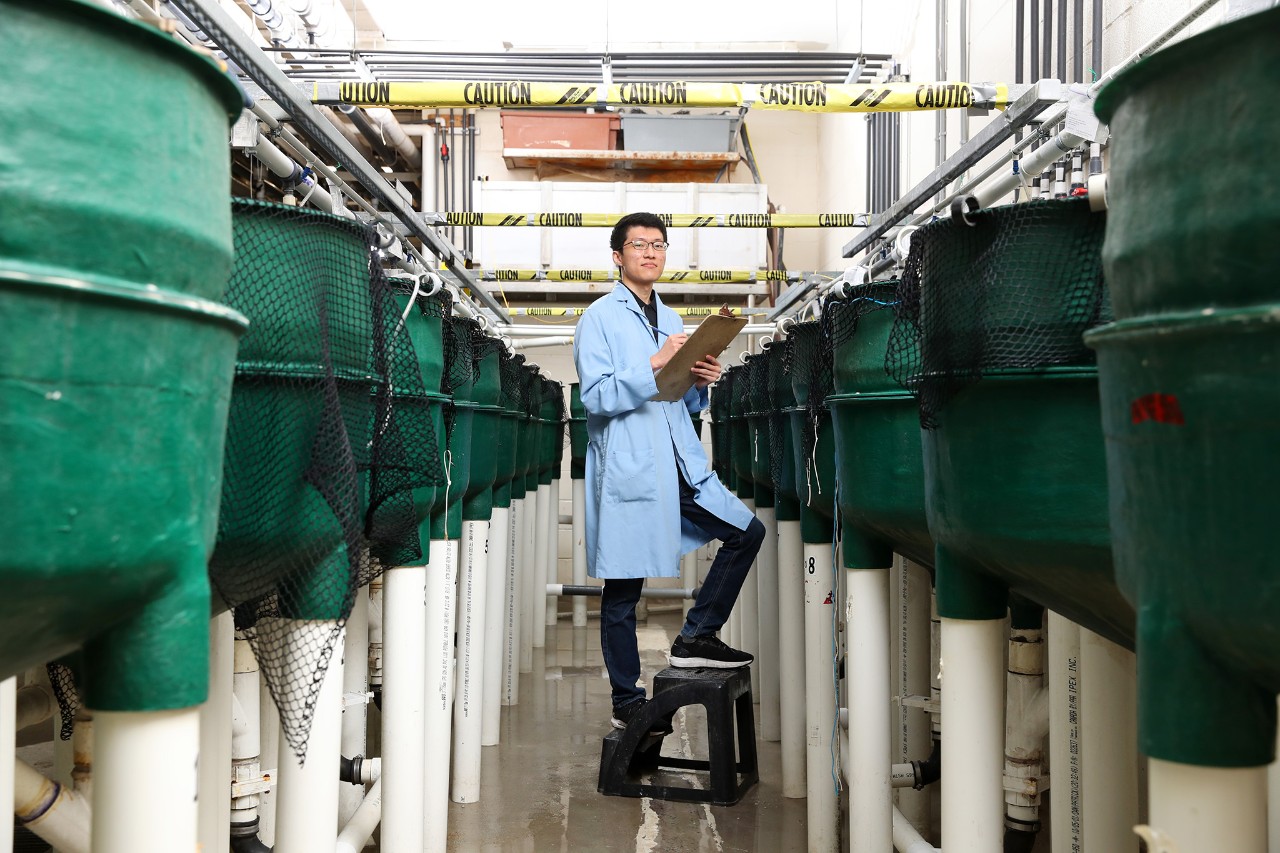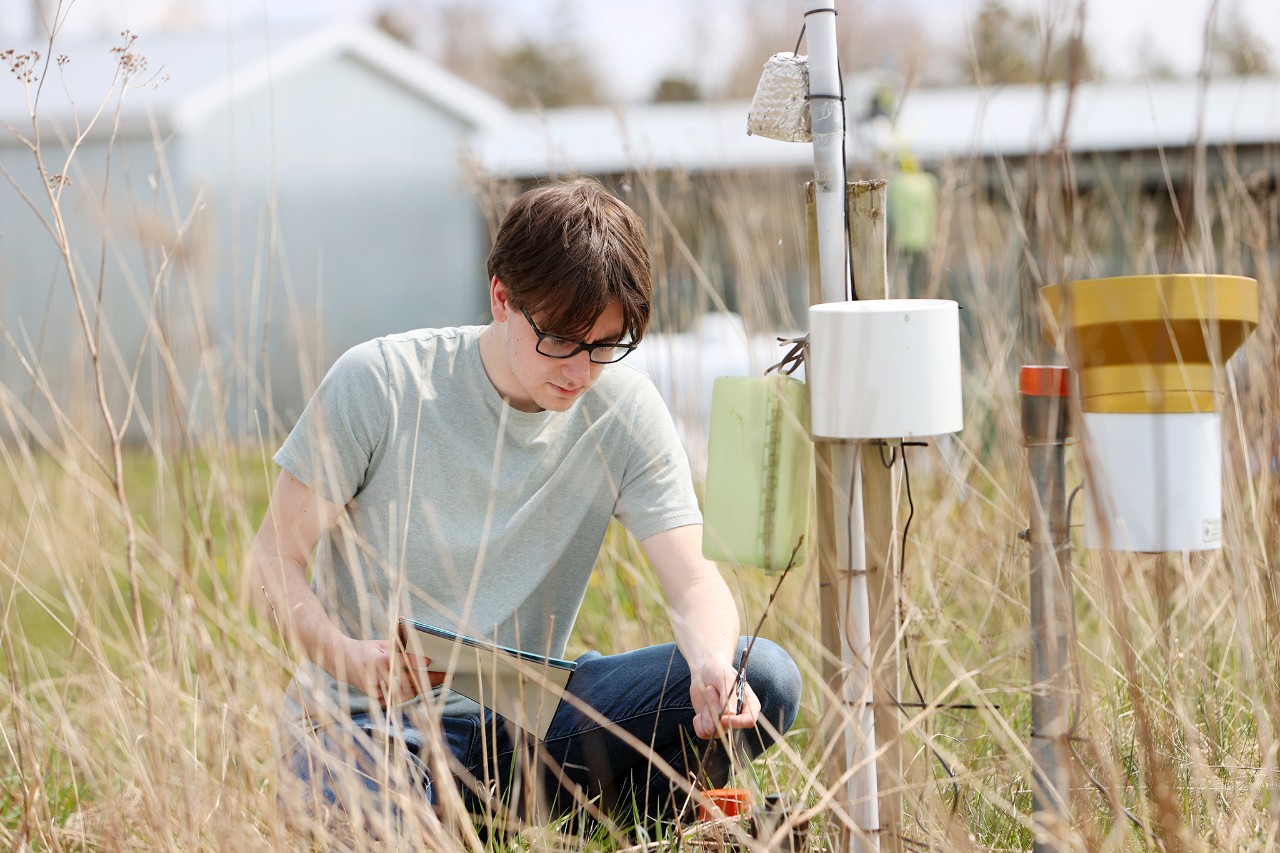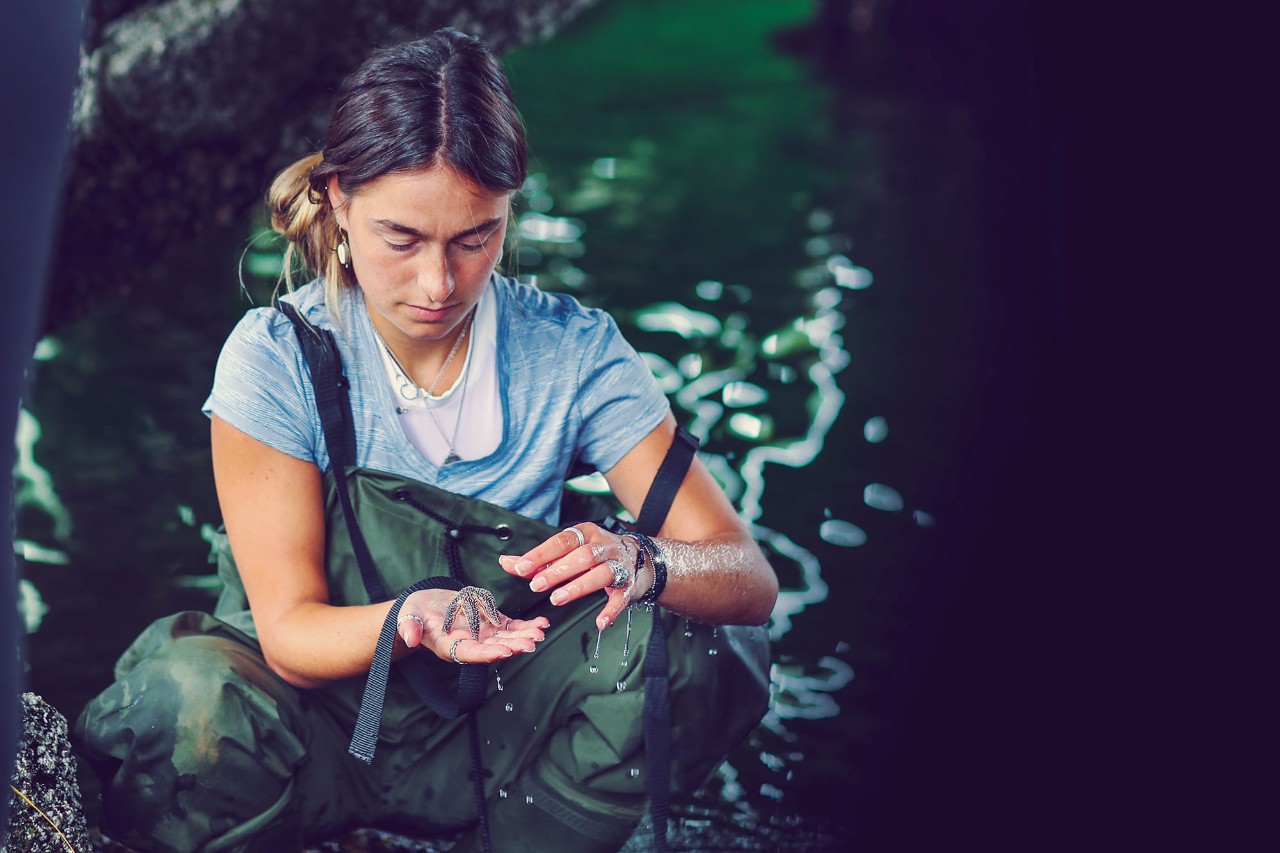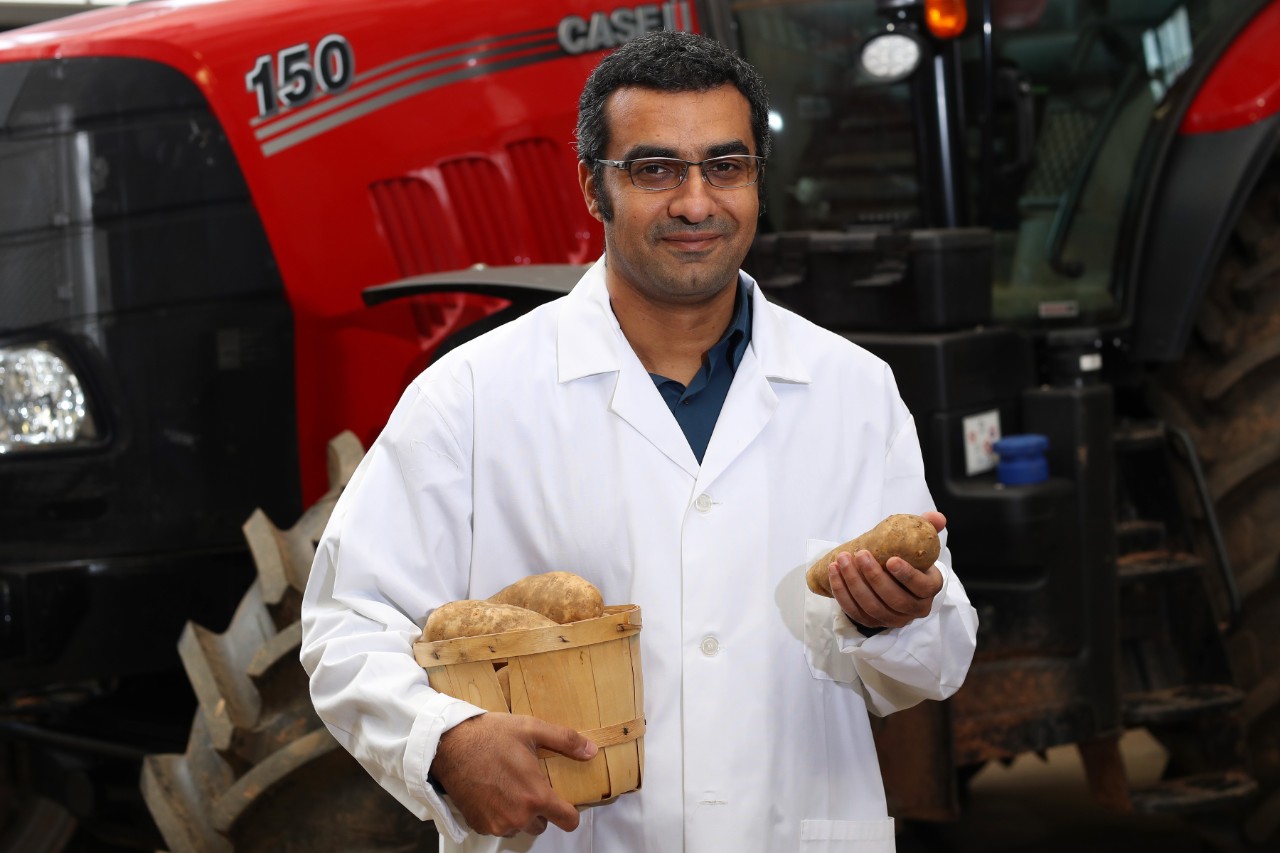Strategic research plan
At the Faculty of Agriculture, we’re shaping the future of food, farming, and sustainability through bold, collaborative research. Our 2021–2026 Strategic Research Plan outlines our commitment to innovation, community impact, and global leadership in agricultural science.
